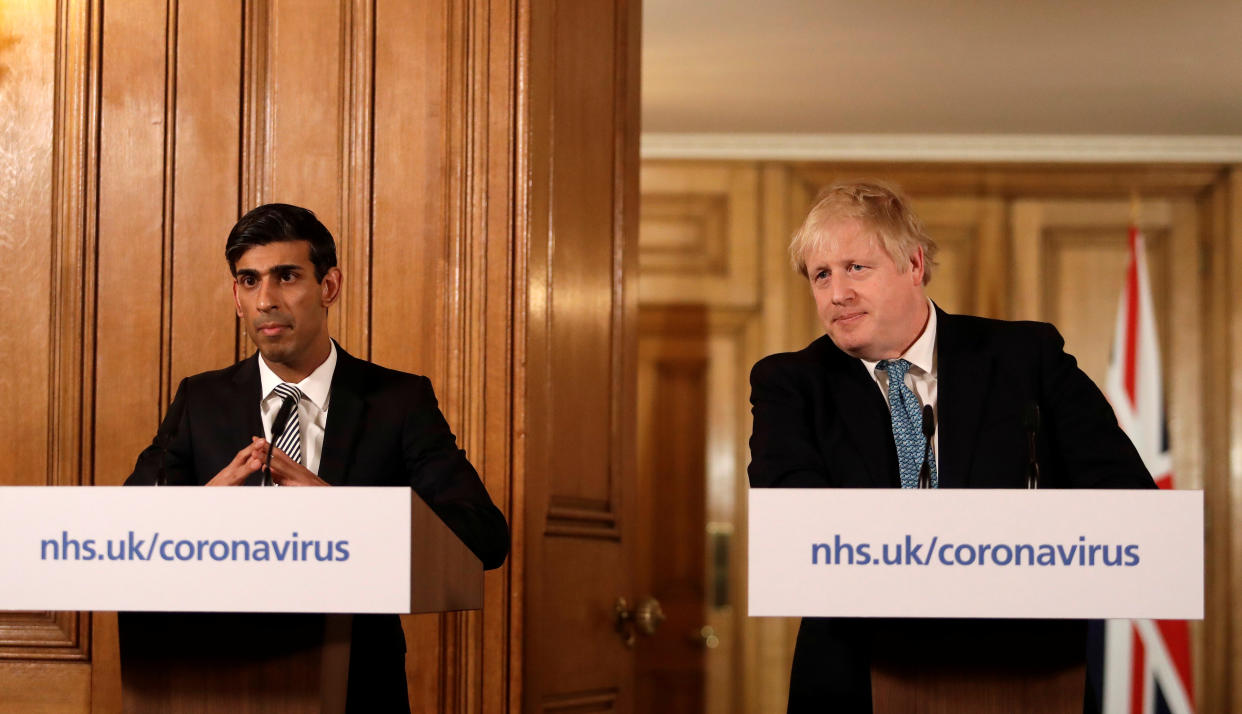Coronavirus: UK chancellor under fire for handing firms £330bn and families £500m

The UK government has come under fire for promising firms £330bn ($383bn) of loans and guarantees, but only giving local councils £500m for a hardship fund for families.
Chancellor Rishi Sunak unveiled an “unprecedented” £330bn package to save firms and jobs across the UK on Tuesday as the coronavirus pandemic takes its toll on the economy.
Facing questions from MPs on Wednesday 18 March, Sunak said struggling companies would be able to apply for government-backed loans through banks from early next week.
Companies will be able to borrow up to £5m each, with the government paying the first six months of interest. Retail, hospitality and leisure firms will also receive a one-year business rate holiday.
But the chancellor faced criticism from MPs on the Treasury select committee for not having announced more direct support to ordinary households as well as firms.
Read more: UK releases ‘unprecedented’ emergency package worth 15% of GDP
Labour MP Rushanara Ali said the measures were “lopsided,” asking what the government would do for struggling tenants or workers suddenly without an income for several months.
Sunak highlighted a £500m pot for councils to offer struggling households support, mainly through cuts to council tax bills. He said they were often one of families’ biggest fixed costs, and said it was easiest to boost “off the shelf” existing discount schemes rather than launching new support initiatives.
But Ali claimed the pot was “not enough” for hundreds of councils, and lower than the amount slashed from the budget in recent years in a cost-cutting drive. “People are likely to die because of poverty,” she warned.
Another committee member and Labour MP Liz Kendall asked why the UK was “way behind” other countries in the generosity of support for the self-employed as many face a steep drop-off in work. No dedicated income support has been announced so far, with sole traders expected to claim universal credit or seek business loans.
But Sunak said the overall £330bn package of support for firms and jobs was bigger than other large countries, with further measures for individuals and families to be announced soon.
Warned by one MP that workers were being “laid off now” and urgently needed support, Sunak added: “There is more to do and we are working at pace, urgently, to see what support we can put in place, particularly around employment support.”

